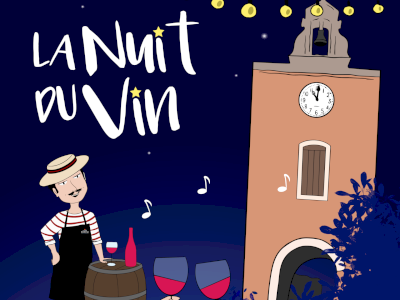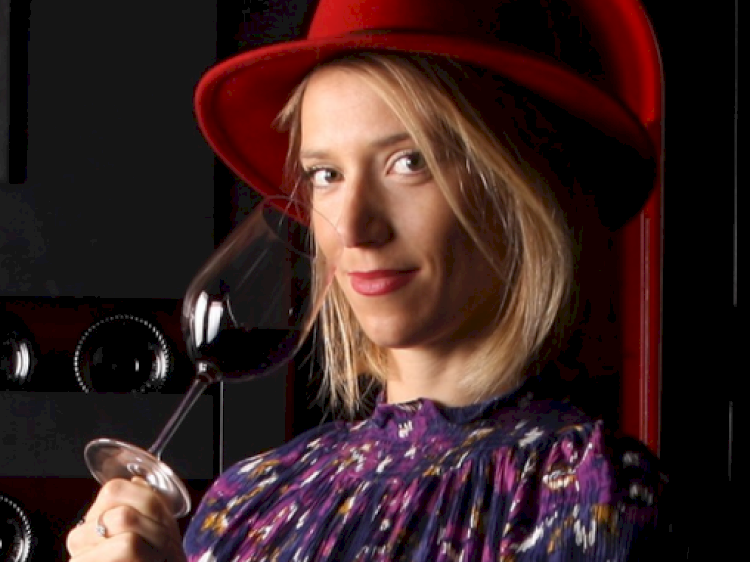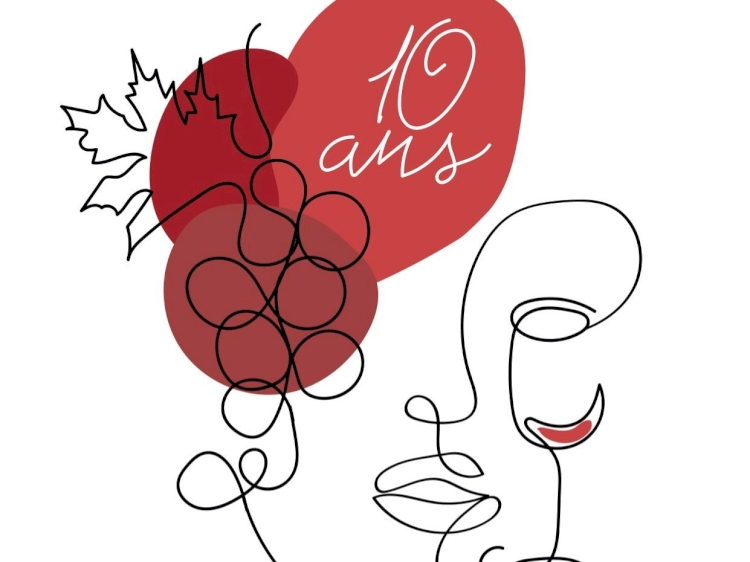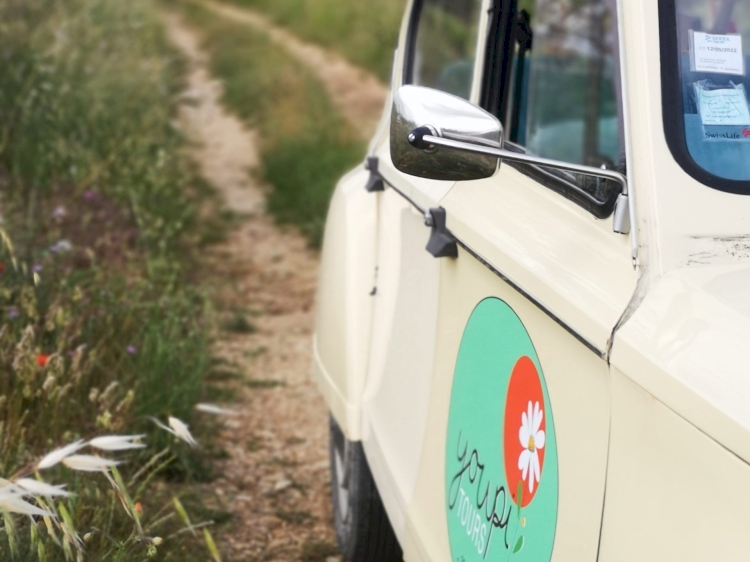
Rasteau, the “Body & Soul” Cru
Born of the perseverance and shared know-how of its winemakers and the generosity of its terroir. Intensely rich and colorful, this terroir is nestled in the hillside of Rasteau, and its expression gives birth to the wines of the Cru.
The DNA of RasteauA Cru of the Southern Rhône Valley
In compliance with the Appellation d'Origine Contrôlée (AOC) specifications, Rasteau wines are available as dry reds and vins doux naturels (red, rosé and white). A distinctive feature that has helped establish the appellation's reputation from the outset...
The art of living and sharing are not new principles at Rasteau. The wines are the image of its winemakers: intense and sincere, they give of themselves without counting the cost, the better to recall the essence of things. Rasteau is a fleshy cru with a generous spirit. A deep wine whose blue-clay terroir combines richness and finesse. A true, whole wine that reconciles the strength of being and spirit. A wine for body and soul.
Key figures
• Rasteau appellation

Date of recognition
in AOC Rasteau
Red
100%
Production area (average)
935 HA
Total production (average)
30,000 HL• Rasteau’s sweet Natural wine

Date of recognition
AOC Vins Doux Naturels Rasteau
Red 42%
Rosé 44%
White 14%

Production area (average)
10 HA
Total production (average)
255 HLA dynamic teamValues & commitments
Authenticity, sharing, commitment and solidarity are values dear to the appellation. “Corps & Âme” is synonymous with passion, high standards, generosity and unpretentious giving. It's the commitment of winegrowers to their vineyard, their community and their vision of Man.
A collective that represents the dynamism of the appellation and the arrival of a new generation that makes no secret of its ambitions.
The flagship event of Rasteau
Wine, Crafts, Music, Concerts, Night Market, Food-Trucks, Wine Bar and Conviviality... Here's what awaits you at “La Nuit du Vin” in Rasteau, every August 14th from 6pm.
Let yourself be guided! ... Follow the trail through the narrow streets of Rasteau. You'll discover the treasures of this pretty Provencal village, where you can meet local artisans and taste A.O.C Rasteau wines, its Vins Doux Naturels Rasteau, as well as Côtes-du-rhône Blancs and Rosés... A dozen winegrowers will help you discover or rediscover the Rasteau appellation, telling you about their wines, their terroir and their work.




